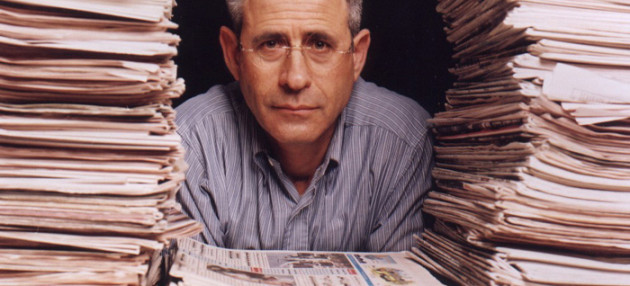Dr. Mordechai Kedar, 11/11/18 17:00
The parade of visitors to the Arab Gulf States (note that this term is being used because the Arabs are insulted when “their” gulf is called “Persian”) in recent weeks is quite remarkable: The Prime Minister, two Cabinet ministers – Miri Regev and Yisrael Katz – the head of Israel’s Mossad and a Judo delegation. The Israeli flag was flown at a judo competition in Abu Dhabi, the Israeli national anthem was played there twice and the Israeli Culture Minister sang “the Jewish soul yearns…to be a free nation in our land…” while wiping away tears of emotion. The skies, it should be noted, did not fall down. And to top it all off, their host took them to visit the Sheikh Zaid Mosque – and all of the above happened in the space of one month.
The question that arises of its own is does this signal something new? Is this a real change? A strategic earthquake? Or is it simply that what was going on behind the scenes has been revealed all of a sudden. It is worth remembering as well, though, that while Israelis have visited the Gulf, there has been no public reciprocal visit to Israel of anyone from the Gulf States.
Bearing that in mind, we will proceed cautiously in our analysis of what occurred this past October.
As far as the Sultanate of Oman is concerned, there were visits of Israeli prime ministers to Oman in the past: The late Yitzchak Rabin visited there in 1994, Oman’s Foreign Minister visited Israel in 1995, and the late Prime Minister Shimon Peres was there in 1996. The second Intifada of 2000 caused a rupture in those developing relations, with contact being made mainly behind the scenes and in secret.
In 2008, then foreign minister Tzipi Livni met Oman’s foreign minister, but no publicized meetings between the two country’s decision makers have taken place since. In addition, a high level delegation from Oman took part in the funeral of former President Shimon Peres in 2016. Earlier this year, Oman’s foreign minister visited the Al-Aqsa Mosque in Jerusalem.
The Sultanate of Oman is not exactly a central player in the Arab political landscape, despite its important geo-strategic location on the Straits of Hormuz through which all the oil produced in the Gulf is exported by both the Gulf States and Iran. Accordingly, the contact between Israel and Oman does not elicit much attention either worldwide or in the Middle East, and I have the impression that most Israelis don’t know exactly where Oman is.
More here.

